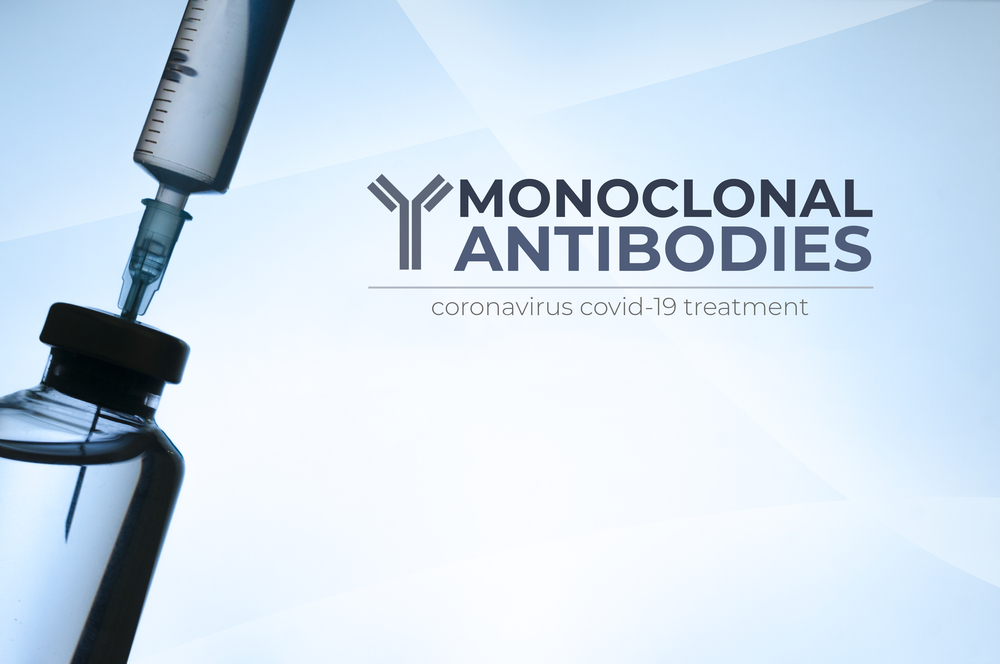by Annette Pinder
A recent Medscape Medical News article discussed the results of a study published in the New England Journal of Medicine, which showed that a combination of two monoclonal antibodies given as an injection prevented patients exposed to COVID-19 from getting the virus.
Individuals were enrolled in the study within 96 hours after someone in their household tested positive for COVID, and were randomly assigned to receive a vaccine that contained either a placebo or Regeneron’s REGEN-COV monoclonal antibodies. Of those who received REGEN-COV, 11 of 753 developed symptomatic COVID, compared with 59 of the 752 who received the placebo. REGEN-COV recipients were also less likely to be symptomatic, and those who did develop COVID symptoms recovered two weeks earlier than those with symptoms who received the placebo.
The study confirmed the effectiveness of monoclonal antibodies in protecting people exposed to COVID-19. However, the researchers acknowledged the challenges in getting it to people. Although the U.S. purchased 1.5 million doses of REGEN-COV and makes it free to people who need it, few people know about its existence. The other problem is administering the medication, since physicians’ office spaces aren’t the ideal place for patients exposed to COVID. Primary care physicians are, therefore, not likely to become the primary administrators of the REGEN-COV vaccine.
The good news is that REGEN-COV is an effective treatment for those exposed to COVID. However, since the study took place prior to vaccines being readily available, there are questions regarding whether someone who has been vaccinated would need the treatment. It will be interesting to see what treatments emerge to fight COVID for those who are at a high risk due to their exposure to the virus.












